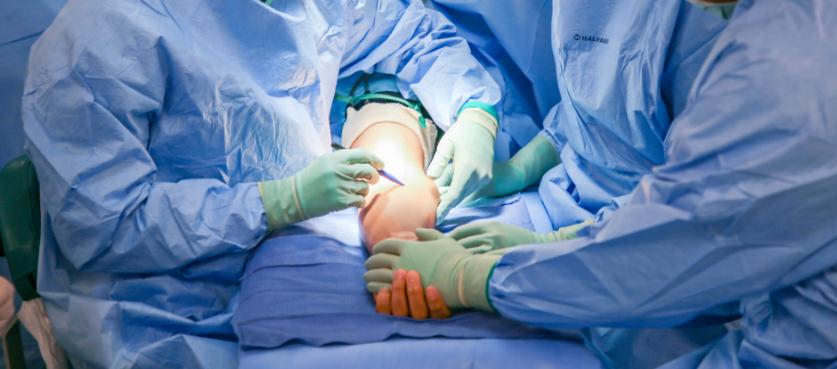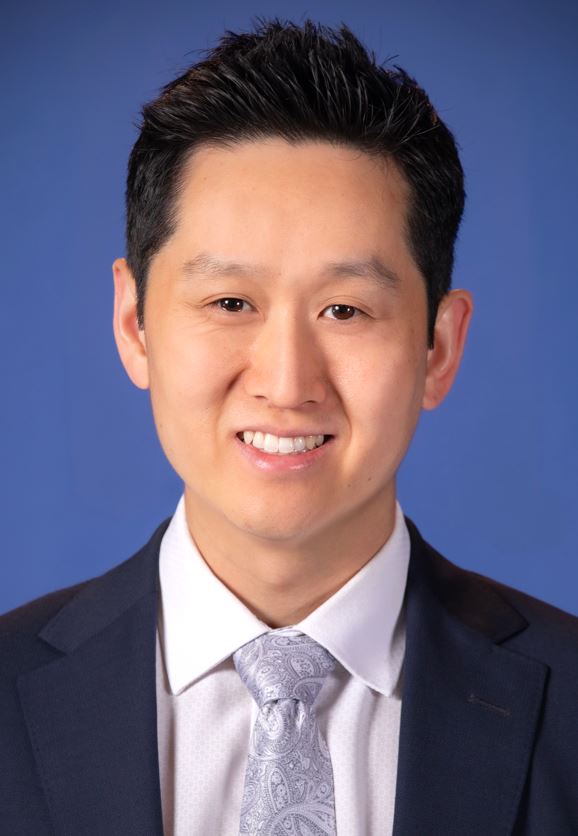Program Overview
The UC Davis Hand, Upper Extremity and Microvascular Fellowship is designed to prepare board-eligible orthopedic and plastic surgeons for a rewarding and well-rounded career in upper extremity surgery. Our unique, integrated training model brings together expert faculty from both orthopaedic and plastic surgery to provide comprehensive, multidisciplinary education that spans the full spectrum of care—from fingertip to shoulder.
Fellows benefit from extensive operative experience, high-volume clinical exposure, and protected research time. The fellowship is intentionally structured to be flexible and can be tailored to align with each fellow’s specific interests and long-term career goals.
The clinical curriculum covers the full breadth and depth of hand and upper extremity surgery, including:
- Fracture care
- Arthritis
- Complex hand trauma and replantation
- Congenital and pediatric hand surgery
- Upper extremity tumors
- Shoulder and elbow procedures
- Microsurgical reconstruction, including flap coverage
- Brachial plexus and peripheral nerve disorders
- Post-traumatic reconstruction
Microsurgical training is a core component of the program. Fellows have access to a fully equipped microsurgery lab on the UC Davis campus, participate in structured skills labs, and attend a formal microsurgery course to refine advanced techniques.
Research is supported through an integrated, multidisciplinary laboratory offering opportunities in clinical, biomechanics, and basic science investigations. Dedicated research faculty provide mentorship and guidance, helping fellows develop and complete projects suitable for national presentations and peer-reviewed publication.
With its collaborative faculty, diverse case mix, and strong academic infrastructure, the UC Davis Hand Fellowship offers a robust foundation for a successful and fulfilling surgical career.
Meet the Team
Fellows will work closely with the faculty from the Department of Orthopaedic Surgery and the Plastic Surgery in the Department of Surgery.
Orthopaedic Surgery Faculty
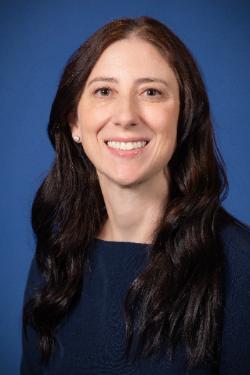
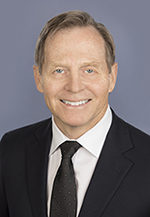
Robert H. Allen, M.D.
Professor
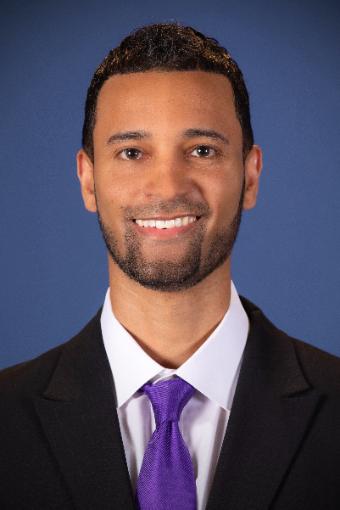
Christopher O. Bayne, M.D.
Associate Professor
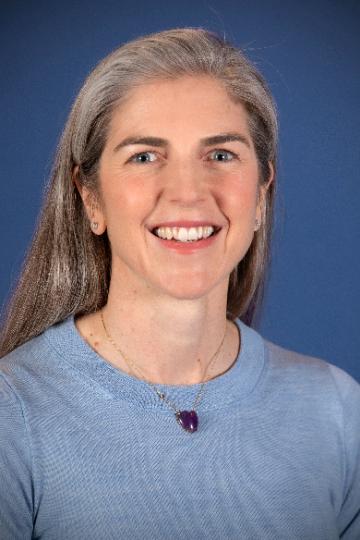
Micah Sinclair, M.D.
Associate Professor
Shriners Hospitals for Children — Northern California
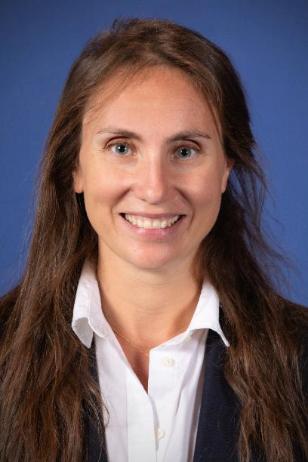
Adi Wollstein, M.D.
Assistant Professor
Plastic Surgery Faculty
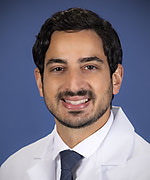
Ravi F. Sood, M.D.
Assistant Professor
CHS Medical Director
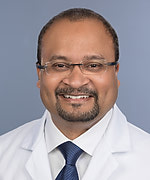
Clifford T. Pereira, M.D.
Professor
Director of RESTORe
Alfred P. Yoon M.D.
What to expect
The UC Davis Hand Fellowship offers a balanced, high-volume, and team-based clinical experience designed to foster surgical independence while maintaining strong faculty mentorship.
Fellows are hired at the PGY-6 level and play a key leadership role on the integrated hand service. Emergency department and inpatient calls are primarily covered by in-house advanced practice providers (APPs), orthopaedic and plastic surgery residents. The fellow is responsible for triaging consults, providing support to junior trainees, and participating in operative consults under direct faculty supervision.
The hand service is a collaborative training environment with orthopaedic and plastic surgery residents from all postgraduate years rotating throughout the year. The service is primarily managed by an orthopaedic chief resident, with the fellow acting as a senior leader and clinical resource.
Clinical rotations are based primarily at the UC Davis Medical Center, where fellows work closely with both orthopaedic and plastic surgery hand faculty. Additional rotations include:
- Shriners Children's Northern California – offering exposure to congenital and pediatric hand conditions
- Kaiser Permanente – providing experience in a high-volume community practice setting
Fellows also have dedicated elective time, allowing them to personalize their training based on individual educational interests and future practice goals—whether academic, private practice, or subspecialty-focused.
With its multidisciplinary structure, diverse patient population, and strong academic resources, the fellowship provides an immersive and well-supported environment for advanced surgical training.
Fellowship goals
The UC Davis Hand and Upper Extremity Surgery Fellowship is committed to training future leaders in hand and upper extremity surgery. By the end of the fellowship, graduates will have achieved the following core goals:
- Clinical Excellence:
Develop advanced proficiency in the comprehensive care of upper extremity conditions, from routine procedures to complex reconstructions. - Teaching and Leadership:
Gain valuable teaching experience by actively instructing residents, medical students, and physician assistant trainees in both clinical and operative settings. Fellows will serve as mentors and contribute to the academic mission of the department. - Research and Scholarship:
Participate in clinical and/or laboratory-based research with the goal of contributing to the advancement of hand surgery. Fellows are expected to complete at least one scholarly project resulting in publication in a peer-reviewed journal or presentation at a national meeting.
This structured, goal-oriented approach ensures that graduates are well-prepared for successful careers in academic medicine, private practice, or specialized surgical settings.
Program Aims
The UC Davis Hand Fellowship is dedicated to advancing the field of hand surgery through excellence in education, research, clinical care, and service. Our program aims to:
- Lead in Innovation and Discovery:
Stand at the forefront of hand surgery by advancing knowledge through cutting-edge clinical practice, translational research, and scholarly collaboration. - Deliver Best-in-Class Education:
Employ innovative and evidence-based educational strategies to create exceptional learning experiences for fellows, residents, and students. - Foster Mentorship and Academic Growth:
Cultivate meaningful mentorship opportunities through engagement in clinical and laboratory research, supporting fellows in the development of academic and investigative skills. - Promote Technical Excellence:
Utilize a Microsurgery Skills Laboratory to provide structured opportunities for faculty and trainees to refine advanced operative techniques in a supportive and collaborative environment. - Engage the Broader Medical Community:
Contribute to the ongoing education of practicing hand surgeons, allied healthcare professionals, and researchers through local, national, and international outreach efforts. - Advance Health Equity:
Provide compassionate, high-quality care to underserved populations both within our local community and through global health initiatives, reflecting our commitment to service and equity in healthcare.
Didactic Education
The UC Davis Hand Fellowship includes a robust and structured didactic curriculum designed to complement clinical training and support academic development.
Key components include:
- Case-Based Hand Conferences:
Weekly conferences are aligned with the American Society for Surgery of the Hand (ASSH) recommended curriculum, covering essential topics in hand and upper extremity surgery through interactive, case-based discussions. - Cadaveric Anatomy Sessions:
Eight hands-on anatomy labs using cadaver dissection provide comprehensive coverage of upper extremity anatomy—from the elbow to the fingertip—reinforcing surgical approaches and anatomical relationships in a practical setting. - Journal Clubs:
Fellows participate in monthly journal clubs, including opportunities to engage with the broader hand surgery community through the Sacramento Regional Hand Surgery Journal Club, promoting critical appraisal of current literature and evidence-based practice. - Quality Improvement & Morbidity and Mortality Conferences:
Regular QI and M&M conferences foster a culture of continuous learning, patient safety, and reflective practice.
This comprehensive didactic program supports the development of clinical reasoning, surgical planning, and academic scholarship, preparing fellows for leadership in both academic and clinical practice settings.
What Is Provided
Fellows in the UC Davis Hand and Upper Extremity Surgery Fellowship receive comprehensive support and benefits designed to promote professional development, academic success, and work-life balance. The fellowship begins on August 1 and ends on July 31.
Compensation and Benefits
- Salary: Fellows are compensated at the PGY-6 level, in accordance with the University of California salary scale.
- Benefits: The University of California offers a generous benefits package, including health, dental, vision, life insurance, disability coverage, and retirement planning resources.
- Additional details on UC Davis GME benefits can be found on the UC Davis GME Benefits here.
Educational Support
- Microsurgery Course:
The program sponsors attendance at a dedicated microsurgical training course, typically held at the Buncke Clinic, providing intensive hands-on instruction in microsurgical techniques. - ASSH Annual Meeting:
Fellow attendance at the American Society for Surgery of the Hand (ASSH) Annual Meeting is encouraged and financially supported, especially if the fellow is presenting research.
Hand Fellowship interview dates for the 2027-2028 academic year are Feb. 23 and Feb 24, 2026. They will be in-person. A social event will be held on Feb. 23.
For more information, please contact Delia Luna at dbluna@health.ucdavis.edu.

